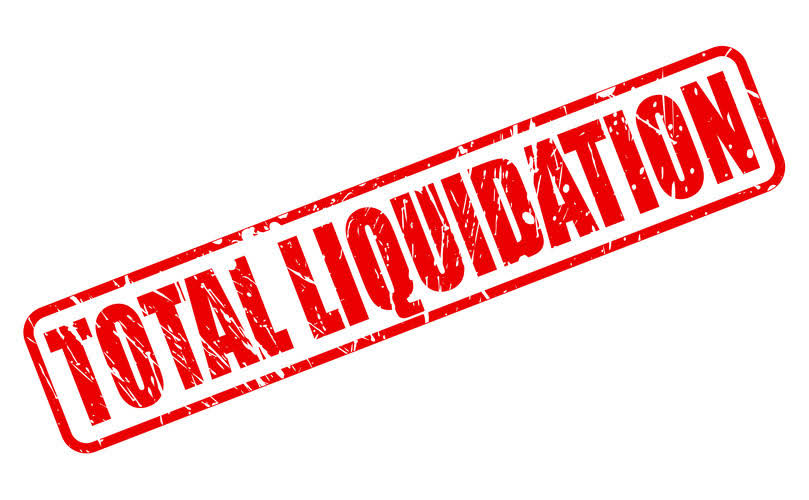
Managerial accounting uses some of the same financial information as financial accounting, but much of that information will be broken down to a more detailed level. For example, in financial reporting, net sales are needed for the income statement. In managerial accounting, the quantity and dollar value of the sales of each product are likely more useful.
- One type of planning, called strategic planning, involves setting priorities and determining how to allocate corporate resources to help an organization accomplish both short-term and long-term goals.
- This term is used to denote the methods employed for overcoming the problems connect with fixed asset replacement in a period of rising prices.
- Consider Daryn’s Dairy’s one-year plan to increase market share by selling products in \(10\) percent more stores in the states in which the company currently operates.
- Because financial accounting typically focuses on the company as a whole, external users of this information choose to invest or loan money to the entire company, not to a department or division within the company.
- However, in the business world, most businesses will have both managers and managerial accountants.
Costs are broken down into four categories; fixed cost, variable cost, direct cost, and indirect cost. Product costing aims at identifying and distinguishing expenses into these categories for better understanding and analysis. The Generally Accepted Accounting Principles (GAAP) set by the Securities Exchange Commission (SEC) and standards set by the Financial Accounting Standards Board( FASB) are the primary regulatory standards in the US.
Inventory Control
A proper understanding of costs and profit margins helps a company to optimize resources for increased productivity. Through this technique, managerial accountants ensure that the company’s true capital is determined, preserved, and maintained. Financial statements are made more accurate and forecasts for future asset valuation become easier and more reliable. Appropriate financial planning helps a company to easily determine all its future needs. A company’s future operations are also easily streamlined for achieving business goals and objectives. Proper cash flow analysis gives managerial accountants and administrators a chance to optimize the flow of cash within a company.
Managerial accounting compiles, analyses, and interprets data with the main aim of rendering decisions affecting the future of a company easier to make. The final interpretations presented to internal administrators offer clues to making accurate decisions that affect the future operations of a business. External parties need to be protected from the incompetence of a firm as they are the main users of financial accounting information. Because of this, financial accounting procedures are required to fulfill certain standards set by regulatory bodies.
Limitations of Management Accounting
The practices of managerial accounting help to keep a close track of the cash flows. It tracks the cash flow from the investing, operating and financing activities. Any changes in the cash below the discretion level are immediately reported to the management to take the corrective actions.
- Management accounting and cost accounting involves the presentation of accounting information in a manner that facilitates a prudent planning, correct decision-making, and effective controlling of day-to-day operations.
- A managerial accountant may implement working capital management strategies in order to optimize cash flow and ensure the company has enough liquid assets to cover short-term obligations.
- The technique of financial analysis includes comparative financial statements, ratios, fund flow statements, Cash flow statements, and comparative financial statement analysis tools to management for decision making.
- On the other hand, managerial accounting does not have to fulfill any form of general standards.
- These internal users may include management at all levels in all departments, owners, and other employees.
It also uses the information to make better financial decisions and prioritize business operations around fulfilling financial goals in terms of profitability and cash flow. Management accounting helps management in controlling the performance of the organization. Actual performance is compared with operating plans, standards, and budgets, and deviations are reported to the management so that corrective measures may be taken. Management accounting helps in translating given objectives and strategy into specified goals for attainment t by a specified time and secures the effective accomplishment of these goals efficiently. All this is made possible through budgetary control and standard costing, which is an integral part of management accounting.
Planning and Policy Formulation
Managerial accountants perform cash flow analysis in order to determine the cash impact of business decisions. Most companies record their financial information on the accrual basis of accounting. Although accrual accounting provides a more accurate picture of a company’s true financial position, it also makes it harder to see the true cash impact of a single financial transaction. A managerial accountant may implement working capital management strategies in order to optimize cash flow and ensure the company has enough liquid assets to cover short-term obligations.
It helps the managers to see the impact of the variable costs on the business and other fixed costs. In the world of business, information is power; stated simply, the more you know, typically, the better your decisions can be. Managerial accounting delivers data-driven feedback for these decisions that can assist in improving decision-making over the long term. Business managerial accounting managers can leverage this powerful tool in order to make their businesses more successful, because management accounting adds value to common business decision-making. All of this readily available information can lead to great improvements for any business. No external, independent auditors are needed, and it is not necessary to wait until the year-end.
